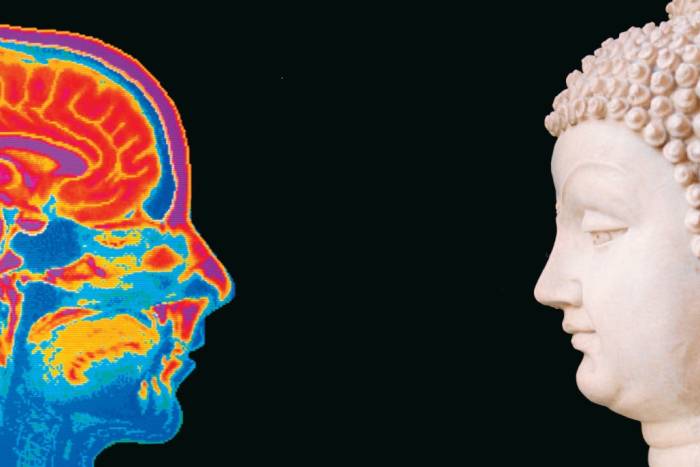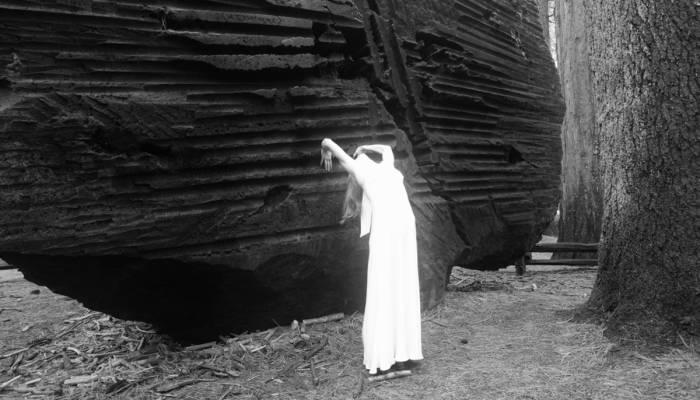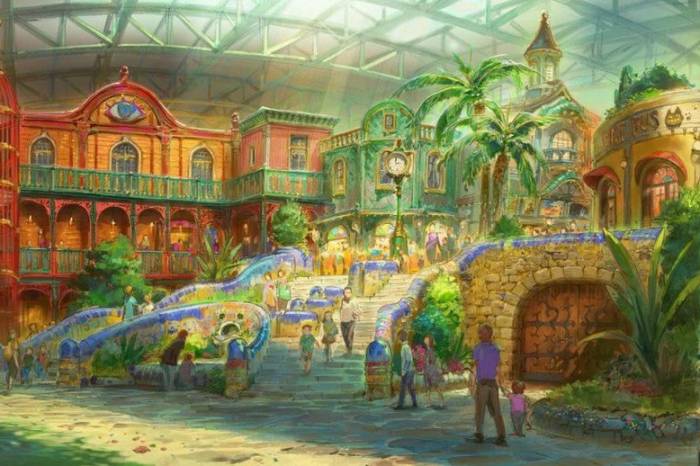Terroir: The Indelible Feeling of a Place
The unique and the singular are fundamental ingredients within our possibilities of knowing the world.
There will be no unique name, not even the name of Being. It must be conceived without nostalgia; that is, it must be conceived outside the myth of the purely maternal or paternal language belonging to the lost fatherland of thought. On the contrary, we must affirm it —in the sense that Nietzsche brings affirmation into play—with certain laughter and certain dance.
Jacques Derrida, “Differance”
Among many other effects, globalization has pushed towards the dissolution of borders, both cultural and commercial. Unlike any other moment in history, the current connectivity allows us to relate to a broad span of cultural manifestations from around the world. No matter where we find ourselves, we can listen to radio stations from Brazil or France, read the London newspaper, and even pay virtual visits to museums located thousands of miles from us.
And while this socioeconomic process has some beneficial aspects —like opening valuable data that was kept unfairly reserved for a handful—, it also entails significant risks, like turning the world into a homogenous territory where the possibility for difference could cease to exist.
Thanks to the existence of terroirs ––tangible territories defined solely by their singularities and uniqueness–– there are good reasons to sense that this threat will not shape humankind’s destiny. This concept ––of French origin–– is used in cuisine to define the many factors that, by converging in a determined region, assemble a matchless result.
The concept of terroir applies mainly to the origin of grapes sowed for the purpose of viticulture, but extends also to cocoa and certain types of wheat, among other products. The so-called “Designation of Origin” —reserved for items like champagne or tequila, which can only hold the distinction when coming from a specific region— is based on this notion.
Although a literal translation is impossible ––because it is one of those expressions where centuries and centuries of history and cultural practices converge–– a terroir accepts being translated as “the feeling of a place”.
As if it were a kaleidoscope, when we catch a glimpse of the concept of terroir we barely discern the cultural, agricultural or geographical whirlwind absorbed by the crops of a grape or a coffee bean. That feeling of a place acts as a powerful synthesis that acquires its full meaning only when it explodes in our appetites.
In Derrida’s theory, the différance refers to that which language is unable to symbolize because it overflows with representation. “The sign represents the present in its absence. […] The sign would hence be, the differed presence”, wrote the Algerian philosopher. And perhaps it is precisely in the impossibility of knowing something through reason –only accessible through sensuality–, where the concept of terroir lies: a territory that holds uniqueness as a basic requirement for its own existence.
Related Articles
When ancient rituals became religion
The emergence of religions irreversibly changed the history of humanity. It’s therefore essential to ask when and how did ancient peoples’ rituals become organized systems of thought, each with their
Larung Gar, the valley that is home to thousands of Buddhist monks
If we think about the monastic life it is very probable that we think about solitude, seclusion, silence and a few other qualities whose common denominator is the appropriate isolation for mediation
Dialogue with the Dalai Lama on science and spirituality
The Dalai Lama has been interested in science since he was a child. Over the years he’s visited many laboratories and has attended conferences that discuss consciousness from the scientific point of
A New Year's resolution for the earth
Worrisome quantities of waste are generated by human populations. Especially in cities, these have reached unprecedented and alarming levels. A largely uncontrolled practice, it affects everything on
The Dark Mountain Project: or how literature can confront ecocide
One impulse from a vernal wood May teach you more of man, Of moral evil and of good, Than all the sages can. Wordsworth, “The Tables Turned” (fragment) Words are elementary. The only reason we can
Are there no women in the history of philosophy?
Do only men philosophize? This could sound like a silly question, but if we quickly review the names of philosophers, from Aristotle to Slavoj Žižek, it would appear to be an exercise that is
Things that are about to disappear: photography as environmental conservation
Cristina Mittermeier is the founder of the International League of Conservationist Photography (iLCP), and is at the front of a modern movement to use photography with environmental purposes. Her work
Architecture And Music; An Affair That Acts On The Matter
A composition is like a house you can walk around in. — John Cage Perhaps music, more than the art of sound, is the art of time. That’s why its communion with space, and architecture, is so often so
Psycho-geography (On The Ritual Casting of a City)
Mrs. Dalloway walked down the streets of London guided by an “internal tide” that made her stop somewhere, enter a store, turn at the corner and continue her journey, as if she were adrift. La dérive
A Theme Park Inspired by Hayao Miyazaki is About to Open …
One of animation’s most spectacular exponents, Hayao Miyazaki, is the artist who transformed the direction of traditional animation forever.










